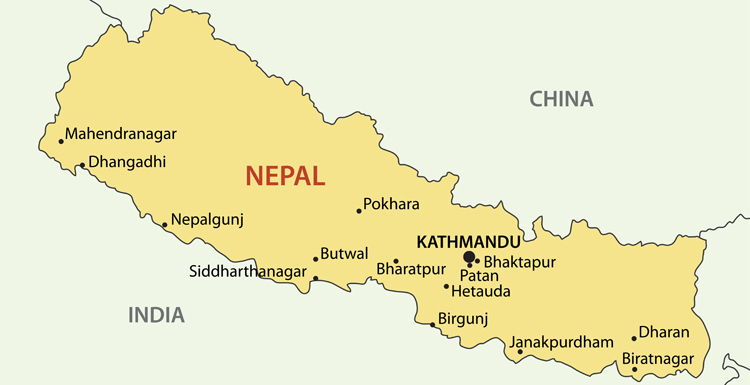CureDuchenne Helps Nepal Organization Fight Duchenne
Written by |

The U.S. non-profit, CureDuchenne, is now making the difference in Nepal, with the organization working for about a year on site in collaboration with the Muscular Dystrophy Organization Nepal (MDON).
The physical and emotional burden of Duchenne Muscular Dystrophy is experienced by patients worldwide, despite their location. Being aware of this reality, CureDuchenne has engaged in a collaborative work with the Asian country Nepal and MDON. The project intends to unite the community of people battling the disease which causes muscle deterioration, decreases mobility and motor function as patients get older, claiming patients’ lives by their mid-20s.
CureDuchenne is helping MDON provide support for Nepalese patients with Duchenne. The conditions these patients experience in their country became particularly difficult after Nepal was affected by a devastating earthquake earlier this year, as reported by the organization. “Every boy with Duchenne muscular dystrophy is a member of our family, and we will continue to reach farther to support our Duchenne family members,” stated the founder and CEO of CureDuchenne, Debra Miller, whose 18-year-old son Hawken suffers from Duchenne.
Therefore, the two organizations are teaching families about disease management and its progressive symptoms, as well as providing support to patients through education and life skills. “I have muscular dystrophy and the situation is not good in Nepal,” explained MDON’s founder Nirmal Khadka. “There is no proper care. CureDuchenne’s support will provide hope for those with Duchenne. We will be able to provide better quality of life for the boys thanks to CureDuchenne.”
In addition, CureDuchenne is also helping MDON improve standards of care for Nepalese Duchenne patients, through a care facility expected to include physicians and physical therapists and provide live-in treatment for patients with advanced symptoms. MDON is also counting with the help of CureDuchenne to offer in-home care for some patients. “Care is costly in Nepal where people already live on very little and are isolated by poor roads and distance,” Miller said. “Offering support to the whole family begins with improving life coping skills which in turn improves patient care and the quality of life of someone with Duchenne in Nepal,” he added.
Miller has made a video showing the work of MDON and CureDuchenne with Nepalese boys who suffer from Duchenne.





